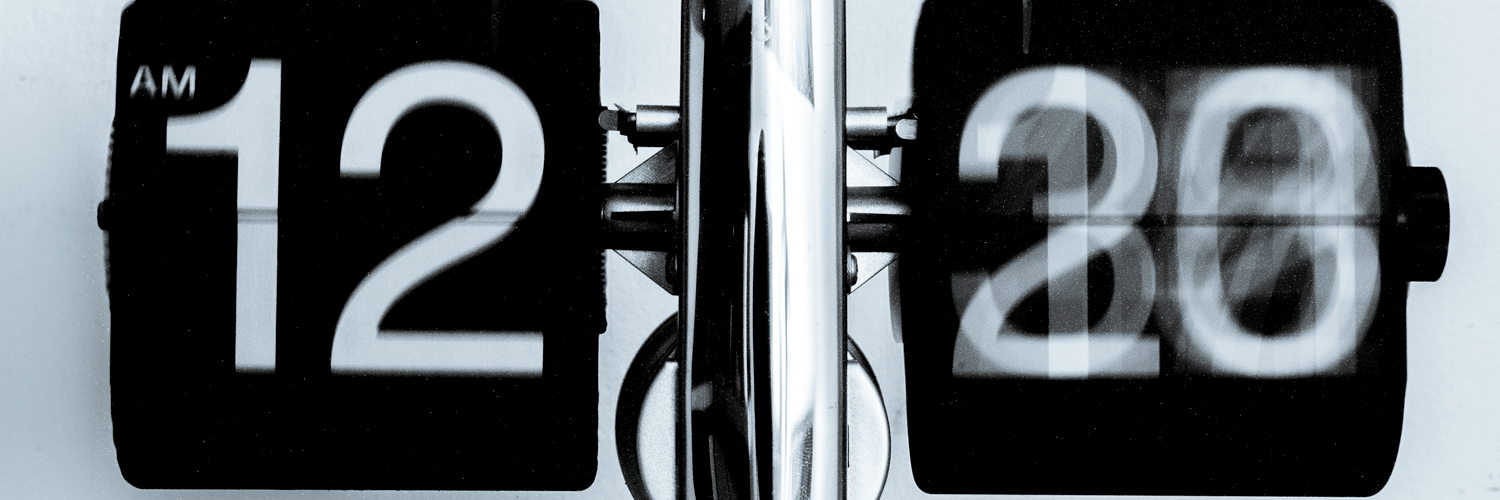Time Warp of Being High – What Does Science Say?

Friday night is coming to town, and you are getting ready to celebrate. Remember those first times you have tried weed? Good ol’ times, right? Remember that unsettling feeling of time slowing down with each puff? Ever wondered why?
Let’s ask science.
Cannabis & Time Perception

Distorted perception of time is one of the most commonly reported effects of cannabis. The review of the research papers on the topic, conducted by psychiatrist Zerrin Atakan, showed that about 70% of studies found that marijuana users tend to overestimate time.
Many studies are still based on the limitations common to cannabis research (e.g. small sample sizes, reliance on self-reporting, limited consideration of other conditions). A team at Yale School of Medicine decided to address these problems and conduct a more thorough research on time distortion.
The study, led by Deepak D’Souza, a professor of psychiatry at Yale, considered 44 individuals with varied experience with marijuana. In the lab, researchers asked them to complete two time perceptions tests before, during, and after IV delivery of THC.
A dosage ranged from 0.015 mg/kg to 0.05 mg/kg and 0 mg/kg for placebo.
First Test – The Time Estimation Task
Researchers asked participants to approximate how much time had passed (5-30 seconds). To prevent them from counting seconds, participants are required to count the number of letters ‘B’ on a computer screen.
Second Test – The Time Production Task
Researchers gave the same distracting task but then required participants to hold a computer key down to produce a given amount of time.
Results
Participants with THC in their systems overestimated time by as much as 25% and underproduced time by up to 15% compared with their sober baseline levels. After they had sobered up, effects disappeared.
Those who received a placebo demonstrated no significant difference in time estimation/production compared with their baseline levels.
According to D’Souza, marijuana affects the subjective experience of the time making it slower which could be explained by the speeding up of the internal clock. The same effects of THC have also been mirrored in animal experiments: in a 2001 study, rats were given chemicals that activated their cannabinoid receptors showed time underproduction. Rodents that received a chemical blocking these receptors showed time overproduction.
Why Does Time Warp Happen?

Researchers say that it is still a secret. Previous studies have shown that a part of the brain called the thalamo-cortico-striatal circuit is integral to our perception of time. The same part contains a large number of cannabinoid receptors. Allegedly, THC could disrupt the normal functioning of these receptors, resulting in distorted perception of time.
Does Frequency Matter?

Does frequency of cannabis consumption affect the extent of time distortion?
D’Souza and his team found the time-distorting effects are particularly strong amongst those who rarely consume. Medium and high dosages led to temporal overestimation, and all doses resulted in temporal underproduction. For regular consumers (2-3 times per week or more), there was no significant repercussions on their time perception of the amount of THC in their systems.
The previous studies have shown that regular use can blunt THC’s perception-altering effects as well as the sensitivity of our body’s receptors to the chemical. A consistent consumption, thus, contributes to the development of a biological tolerance to the drug’s effects on time perception. Another reason is that regular users learned the pattern of time distortion and re-calibrated their internal clocks. Such individuals would also demonstrate abnormal timekeeping when sober.
Is There Something Wrong With That?

Is time distortion a big deal? According to D’Souza, yes, because many fundamental human behaviors rely on temporal judgments in the seconds to minutes range. That is why you should never drive a car or operate heavy machinery under cannabis – distorted time perception could be potentially hazardous.
We still need more research on this and other effects of cannabis. We need better research methods, larger samples, and easy access to cannabis for research purposes. Let’s hope that Jeff Sessions as the Attorney General would not halt these prospects.
(Sweedsy in no way encourages illegal activity and would like to remind its readers that marijuana usage continues to be an offense under Federal Law, regardless of state marijuana laws. To learn more, click here.)


No Comments